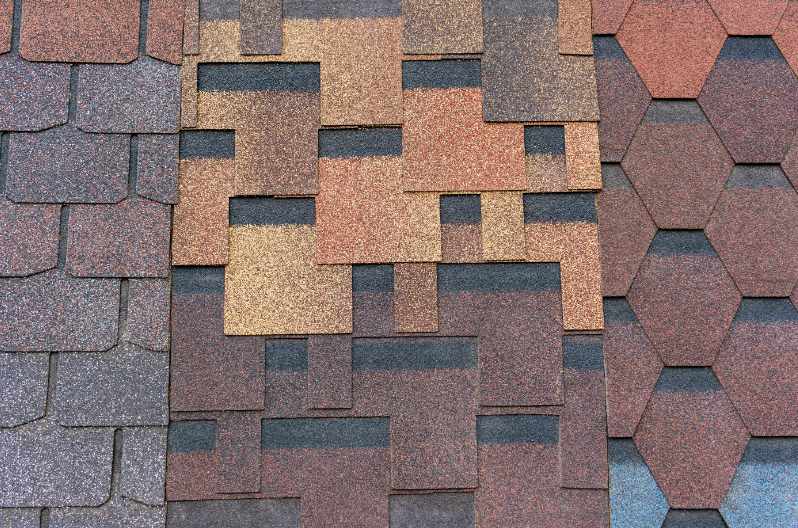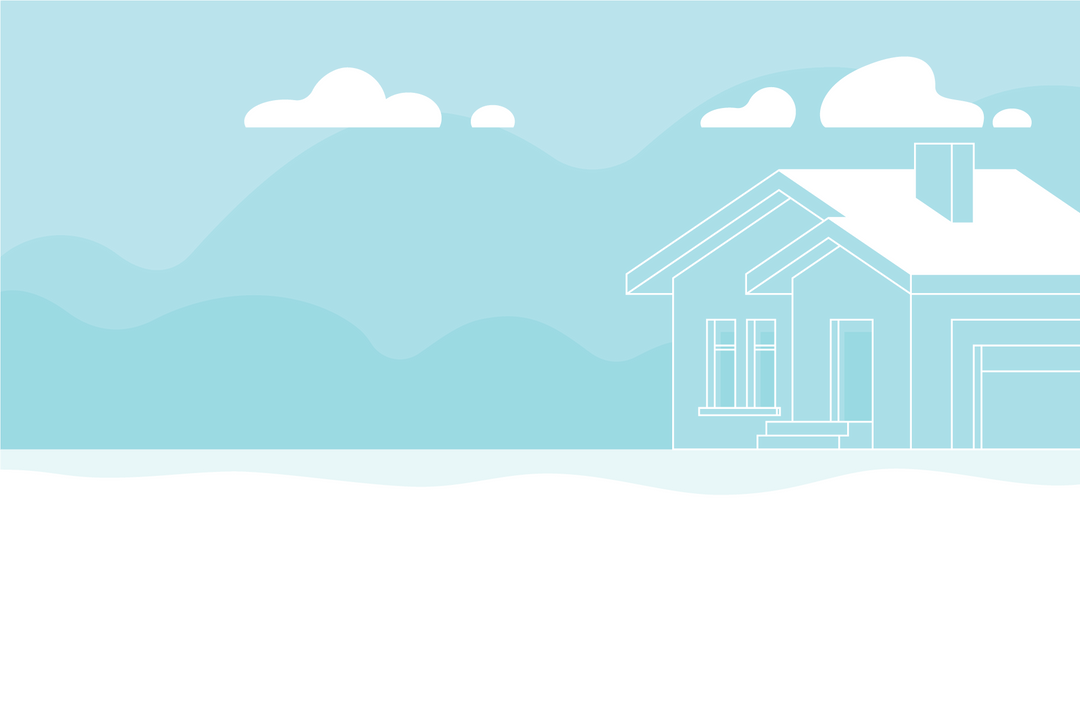
How Long Does a Roof Last?
Are you worried about whether your roof is good? Are you not sure how long it should last? We all know that a roof is an essential part of our house, but most of us do not know how long it will last. On average, you can expect any roof to last around 20 years. However, the exact lifespan of your roof depends on several factors. One of the biggest factors is the type of roofing material. For example, metal roofs last longer than architectural shingles. If you think it is time for roof replacement, we explain how long a roof is good for depending on the material. From regular gutter cleaning to ensuring proper ventilation, we also look at the key factors that determine how long a roof lasts.
What Is the Average Lifespan of Roof?
The lifespan of a roof can vary widely depending on several factors such as the type of material used, the quality of installation, the weather conditions in the area, and the level of maintenance.
Here is the average life expectancy for common roofing materials:
- Standard Asphalt shingles: 15-30 years
- Architectural asphalt shingles: 25-30 years
- Metal roofing: 30-50 years or more
- Clay tiles: 50-100 years or more
- Concrete tiles: 50 years or more
- Wood shingles or shakes: 20-40 years
- Slate tiles: 75 years or more
It’s important to note that these are just estimates, and the actual lifespan of a roof can be affected by many factors. Regular maintenance, such as cleaning gutters and inspecting for damage, can help extend the life of a roof. Additionally, if a roof is damaged or shows signs of wear, repairs or replacement may be necessary to avoid further damage to the home.
How Long Are Roofs Good For?
Most roofs are good for at least 20 years. However, the exact lifespan depends largely on the materials and conditions. Some roofing materials will easily last 30 years or more.
Asphalt shingle roofs are often the most common because they are also the most economical option. However, they also last the shortest amount of time. But modern architectural asphalt shingles are more durable and can easily last 25 to 30 years.
Wood roofing will typically last between 20 and 40 years. Although, it will not last as long without the required maintenance. This includes regular cleaning and moss and algae removal and occasional refinishing.
Metal roofs are usually good for at least 50 years. But they do require regular cleaning and maintenance to prevent rust and corrosion.
Clay tile and concrete tile roofs will both last 50 years or more. However, you may need to repair or replace individual tiles more frequently. You should also have the roof structure inspected every 15 to 20 years for damage.
Although rare across most of the United States, slate roofs can last more than 75 years. While they are extremely durable, they are also expensive. As such, they are usually used in historic houses or estates.
However, it’s important to note that these are just estimates. The actual lifespan of a roof can be affected by many factors. Regular maintenance, such as cleaning gutters and inspecting for damage, can help extend the life of a roof.
Additionally, factors such as exposure to extreme weather conditions, poor installation, and lack of maintenance can significantly reduce the lifespan of a roof.
To ensure that a roof lasts as long as possible, homeowners should invest in high-quality materials and hire a reputable roofing company for installation. Regular inspections and timely repairs can also help extend the life of a roof.
Ultimately, the longevity of a roof depends on the care and attention it receives over the years.
What Factors Contribute to How Long a Roof Will Last?
Several factors can affect how long a roof will last. Here are some of the most significant factors:
- Type of material: Different roofing materials have varying lifespans. For example, asphalt shingles typically last between 15-30 years, while metal roofing can last up to 50 years or more. Additionally, you also need to compare different quality levels. For example, basic or budget shingles will not last as long as premium options. For the longest-lasting roof, choose the best material and quality that fits your budget.
- Quality of installation: Proper installation is essential to ensuring that a roof lasts as long as possible. A poorly installed roof can be prone to leaks and other issues that can shorten its lifespan. For the best results, hire a reputable roofing company that specializes in the material you choose.
- Climate and weather: Extreme weather conditions such as heavy rain, strong winds, hail, snow, and ice can take a toll on a roof, causing damage and reducing its lifespan. Asphalt shingle roofs are often the most durable option in rainy, snowy, and colder climates. Whereas clay or concrete tiles offer the best protection in hot and humid areas. Metal roofing offers balanced protection in many climates, but it can get damaged, dented, and scratched.
- Level of maintenance: Regular maintenance, such as cleaning gutters, inspecting for damage, and repairing issues promptly, can help extend the life of a roof. The importance of gutter cleaning in extending how long a roof is good for is often underestimated. When gutters clog, water sits along the roof edge and can seep inside. The same is true if leaves or moss build up on the roof. Clean your gutters at least once a year and remove leaf and plant buildup on the roof surface to make it last longer.
- Ventilation: Proper ventilation is crucial to prevent moisture buildup, which can lead to mold, rot, and other damage that can shorten a roof’s lifespan. Check your attic or crawlspace every year to make sure that air flows freely. If you do not feel air movement, have a roofing specialist inspect your roof. Adding or improving the roofing vents will help extend the lifespan of your roof.
- Roof pitch: A steeper roof pitch can help water and debris slide off more easily, reducing the risk of damage and extending the roof’s lifespan. Unfortunately, you cannot do much to change your existing roof pitch. The best option is to clear leaves and debris regularly. When you do go to replace your roof, ask the roofer if they can change the pitch.
- Roof color: Dark-colored roofs can absorb more heat, which can cause shingles to deteriorate more quickly and shorten the roof’s lifespan. As with the roof pitch, there is not much you can do about your existing roof color. If you have a dark color roof, check your roof, attic, and crawlspace at least once a year. Try to improve ventilation, clean your gutters often, and remove leaves and debris regularly. When you do replace your roof, consider lighter color options.

